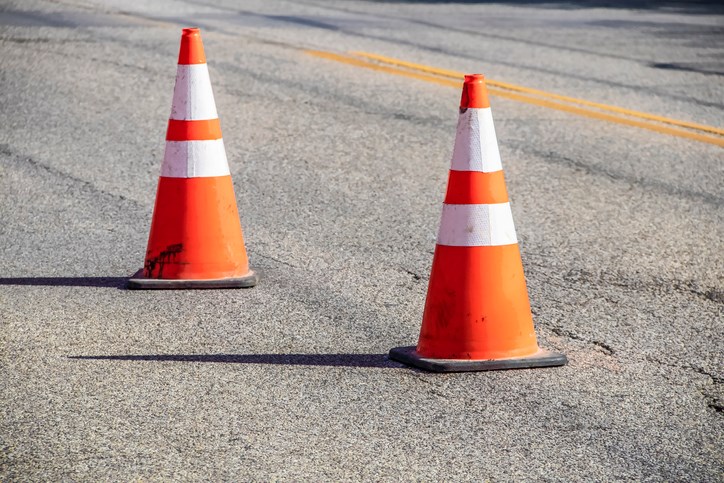After a year of no plans, it probably feels like you’re being pulled every which way this summer. But wherever your summer plans take you, you are likely to come across a construction zone at some point while getting there.
That’s why SGI and law enforcement want to remind drivers to slow to 60 and be mindful of workers while travelling through construction zones in the coming weeks.
“We know you’re excited to start your vacation plans and possibly see folks you haven’t in a long while,” said Penny McCune, chief operating officer of the Auto Fund.
“Your summer vacation coincides with construction season, so remember that the work being done to improve roads in our province makes travelling safer for all drivers. Keep workers in these areas safe by slowing down and obeying all signage and any flag person you see.”
“Drivers are required to slow to 60 km/h or the speed that’s posted when passing a highway worker, flag person or highway equipment with warning lights flashing,” said S/Sgt. Patrick Barbar of the Saskatoon Police Service.
Fines for speeding through construction zones are significantly more expensive than a regular speeding ticket; it will cost you more than $1,000 if you’re caught going 100 km/h in a 60 zone. Don’t risk it. Law enforcement and cameras will be present to ensure everyone travelling through slows down.
SGI suggests making sure you are well-rested before starting a big road trip. Remaining alert while behind the wheel helps keep highway workers safe and helps to keep your money in your wallet. That way, you can best react to potential hazards and you don’t miss any important signage.
Planning is also an important tool.
“Check the route you plan on taking for potential construction, and adjust your departure time accordingly,” said Shantel Lipp, president of the Saskatchewan Heavy Construction Association.
“Trying to buy back time by speeding through a work zone will both endanger workers and likely make you even more late when you get pulled over for breaking the law.”
There is one perfectly legal tactic that will help you get through a construction zone quickly and efficiently. Use a zipper mergewhen two lanes become one. Fill up both lanes, and alternate in a zipper-like fashion when the lane ends. It’s as easy as navigating a double-lane drive-through.
Additional Focus on Commercial Vehicles
The work being done on roads and in construction zones across the province involves the use of big trucks and heavy-duty machinery. So this month, SGI and law enforcement are also focusing on commercial vehicles.
Law enforcement will be looking for commercial vehicles driving with excess weights, ensuring proper registration and cargo security, checking for completed trip inspections and keeping an eye out for other traffic infractions this month.
“It’s important that we remove dangerous vehicles and drivers from our highways, and we want to remind professional drivers, and really everyone on the road, that traffic laws and regulations are in place for a reason” said Acting Sgt. Craig Gelsinger of the Saskatchewan Highway Patrol.
Fast Facts
In 2020, there were 101 collisions in work zones around the province, resulting in 35 injuries and one fatality.
In 2020, there were 1,187 collisions involving commercial vehicles. These resulted in 184 injuries and 14 fatalities.




